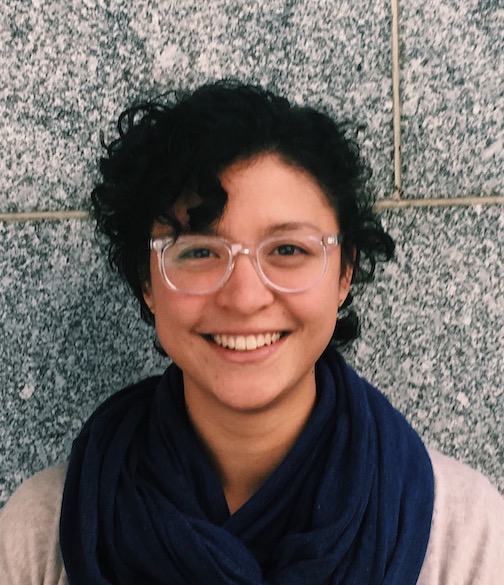PhD Student: Chrystelle Kiang
Category : #WeAreEmoryEPI
For this week’s #IamEmoryEpi spotlight, we met up with Chrystelle Kiang!
Tell us a little bit about your academic history:
I graduated with a BS in Biology from MIT in 2013, worked for 4 years, then came got my MPH in Epidemiology here at Emory in 2019.
What are your primary research interests?
I am interested in genetic and molecular epidemiology in the context of cancer epi and ‘non-communicable’ diseases and pharmacoepidemiology. My advisor is Tim Lash.
How have you been navigating the work from home experience during the COVID-19 outbreak?
Before this, I would avoid doing work at home, so it has helped me to set up and keep a workspace that is separate from hang out space. I am quite busy this semester, so I have had to adapt. I have a screened-in patio and being able to spend time outside has made this experience easier. It also helps me to keep things in perspective- it’s a privilege to be working and doing so from home.
Are there any exciting projects or experiences you are involved in right now?
I am working on a project related to gender authorship in academic publishing and was excited to share those results in an oral presentation at this year’s SER Meeting, but that has been postponed. I am also working on a project involving melanoma (skin cancer) recurrence, which I look forward to spending more time on post-qualifying exam. For now, I am focusing on coursework and preparing for the QE in June.
What is your favorite part about earning your PhD at Emory?
This sounds cheesy, but the community! I am surrounded by smart and supportive people with whom I can talk about interesting research and hard problems, but also make epi jokes and discuss bad reality television.
What advice do you have for MPH students?
Stop worrying about your grades. If you are learning and completing your assignments on time, you are doing great. Make friends. Take advantages of the resources Emory has to offer to explore your interests and broaden your knowledge: classes, seminars/ talks, professors, APE, REAL, etc.
What books are you currently reading, or what podcasts are you currently listening to?
These days, I have been listening to Planet Money and The Indicator, both podcasts by NPR, because they’re interesting and pandemic-adjacent, but not as overwhelming as my usual news and politics podcasts.
What are three fun facts that you want people to know about you?
- Before coming to Emory, I worked in surgical pathology at MGH where my job included performing eviscerations for autopsies.
- I love to rock climb and hope to do some sport climbing outdoors this summer, if national parks are open.
- After several years of not running followed by many weeks of training, I ran the Publix half marathon this year!
